Schedule a Call Back
State of e-logistics in India
 Articles
Articles- Jun 01,18
_.gif)
Related Stories
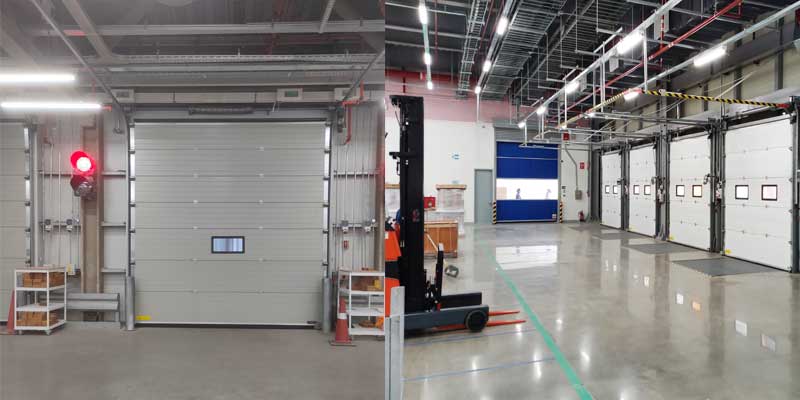
Gandhi Automations’ sectional overhead doors for quality & safety
The Mumbai-based company’s sectional overhead doors provide heat insulation and sound proofing thus improving the working conditions on the premises and saving energy.
Read more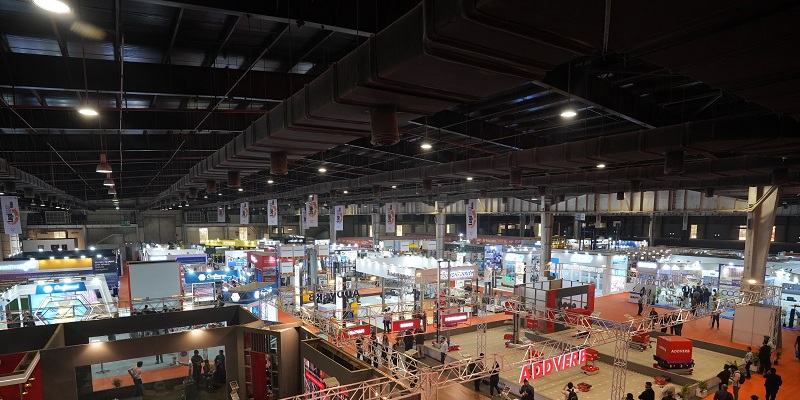
Indian freight, logistics sector projected to touch $484.43 billion by 2029
From skilled technicians and engineers to logistics analysts and data scientists, these advancements are expected to create 10 million jobs in India by 2027 and contribute to India's employment land..
Read more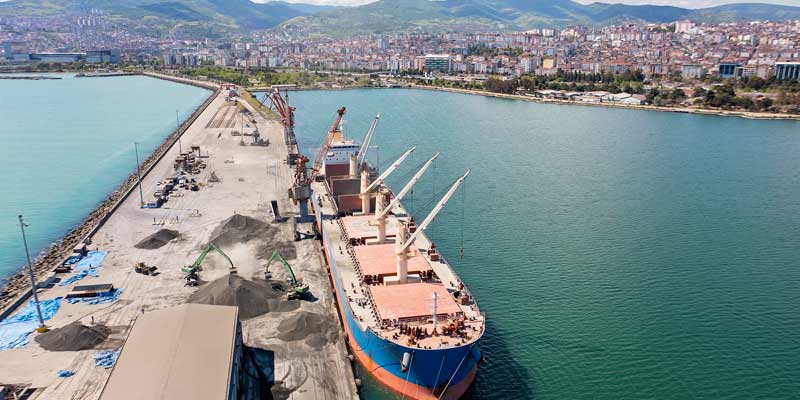
The Red Sea crisis: Lessons for logistics sector
Certain geopolitical complexities, such as the ongoing Red Sea crisis, present challenges in the smooth maritime operations and affect global trade. Pushpank Kaushik shares some valuable thoughts on..
Read moreRelated Products
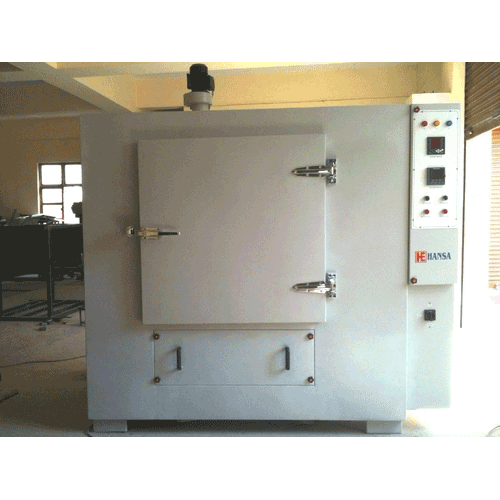
Heavy Industrial Ovens
Hansa Enterprises offers a wide range of heavy industrial ovens.
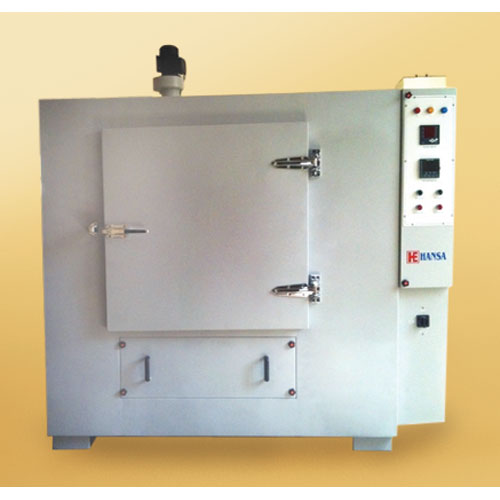
High Quality Industrial Ovens
Hansa Enterprises offers a wide range of high quality industrial ovens. Read more
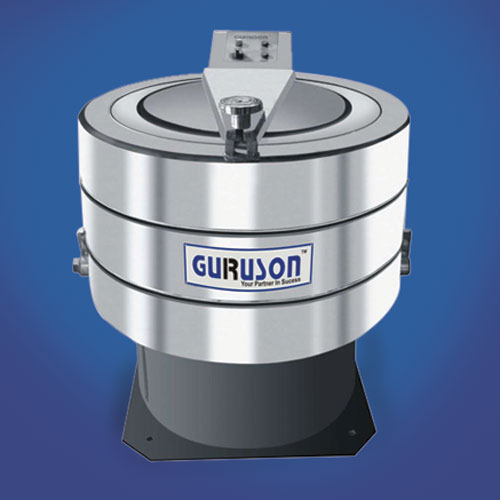
Hydro Extractor
Guruson International offers a wide range of cone hydro extractor. Read more














